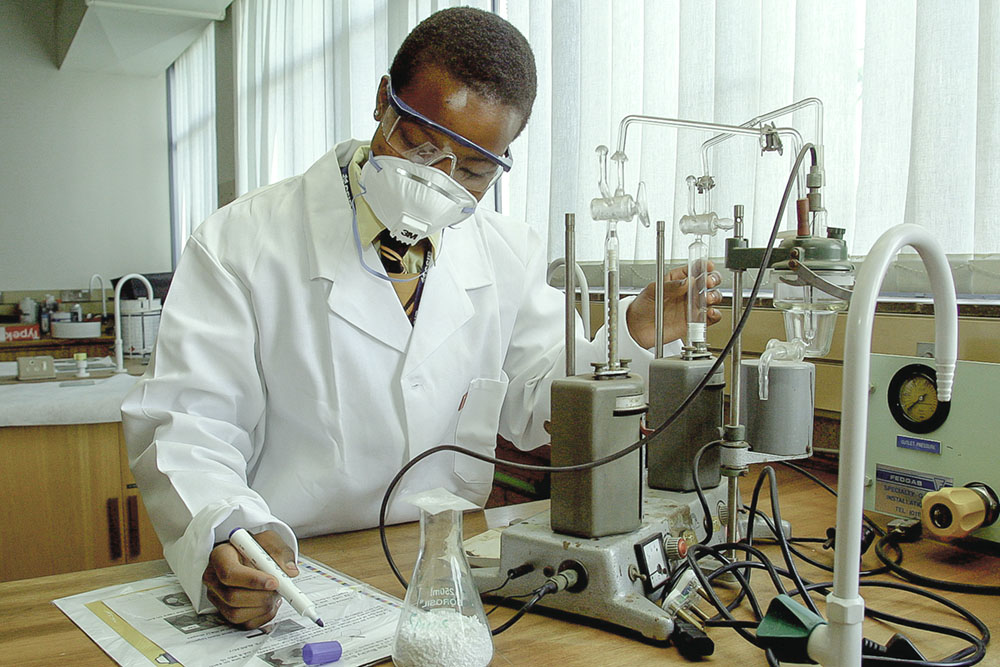Relapse Controlled by the Nucleus Accumbens?
Unfortunately, relapse is often part of recovery. This mysterious phenomenon can happen to those with any amount of accrued time in sobriety, for many different reasons, and is not well understood. Relapse can even be fatal, particularly for those who have overcome an addiction to opioids. Of the 70,000 overdose deaths in 2017, more than 67% involved prescription or illicit opioids. As these numbers rise, researchers have become more motivated than ever to find clues to prevent relapse.
A new study published in the journal Neuropsychopharmacology reported that relapse could be prevented by controlling cells in a specific region of the brain: the nucleus accumbens. The research was conducted on genetically diverse Sprague Dawley rats which had been exposed to heroin at the University of Washington’s Alcohol and Drug Abuse Institute.
Susan Ferguson, director of the Institute and senior author of the study, explains the group’s findings as follows: “We used a tool called chemogenetic receptors to act as a light switch on the cells. When we changed activity of neurons in the nucleus accumbens, we were able to control relapse behavior.”
Ferguson hopes to use this information, along with data from future studies, to formulate a pill that decreases the likelihood of relapse, while still keeping individuals motivated. Now that we know the role of the nucleus accumbens in relapse to opioids, how can we modify public understanding of relapse?
Relapse Explained
By definition, relapse is the recurrence of a disease after a time of significant improvement. The term is commonly used in reference to cancer, diabetes, or other chronic diseases. It also applies to someone’s use of drugs or alcohol after a period of sobriety. Importantly, relapse is a process with phases – not a single event. This means that relapse behavior can be identified long before someone decides to drink or use again. The three phases are emotional, mental, and physical relapse.
Emotional relapse is characterized by stress, anxiety, depression, or pressure in someone’s daily life. They may experience mood swings and irritability. These feelings encourage a person in recovery to cope by using again, even though they aren’t considering doing such a thing. This is when reacting appropriately is vital; instead of isolating oneself, it’s important to reach out for support. Individuals should also prioritize self-care and double down on measures of accountability at this stage.
Mental relapse is the next stage, and it takes the form of passive thoughts about using again. Old friends and memories may come to mind, and individuals may even look back fondly on their days spent partying, drinking, or taking drugs. People in this stage may find themselves relaxing their boundaries and letting those who are bad influences come back into their lives. Without proper intervention, it is difficult to avoid moving to the last stage.
Physical relapse is when a person takes steps to obtain, use, and recover from drugs or alcohol again after a period of sobriety. They may call an old dealer, go to a bar, or attend a party. In the worst case, the person may overdose – their body cannot handle the same dosage of drugs it used to while in active addiction. However, the best-case scenario is that a person either turns back before this stage entirely or responds by contacting a treatment center immediately.
How to Prevent Relapse
The dangers of returning to drugs and alcohol are real and should be avoided at all costs. Luckily, it is possible to solidify your recovery against the cravings and triggers that contribute to relapse behavior – no pill or supplement required. Here are a few tips to keeping your sobriety intact.
- HALT. Be sure to put your self-care first. If you find yourself feeling hungry, angry, lonely, or tired, you will not be in a good position to handle life’s challenges. Make nutritious meals and work through your troubles with a therapist for best results.
- Be Realistic. It can be easy to fantasize about what it would be like to use again. Instead of letting these images take hold, remember the realities of addiction. How did it affect your family, friends, health, or career? How has your life improved since getting sober? Don’t lose everything over a momentary impulse.
- Find a Support System. Don’t let yourself begin to isolate from your loved ones. If you’re starting to spend a lot of time alone, be proactive instead. Attend regular AA or NA meetings, arrange dinners with friends or family members, or join a sober sports league. By surrounding yourself with likeminded others, you’ll boost your accountability.
- Be Intentional with Your Time. Boredom is a key contributor to relapse, so be sure that your days are filled with work, play, and hobbies galore. Whether you’re running on a treadmill or building model airplanes, spending time on something rewarding is a sure way to keep relapse at bay.
Washington Drug and Alcohol Addiction Treatment
Since 1983, Lakeside-Milam has helped thousands of individuals to find the miracle of recovery. We understand that this path is not always free of obstacles. If you or someone you love has experienced a relapse, we encourage you to contact us today.






